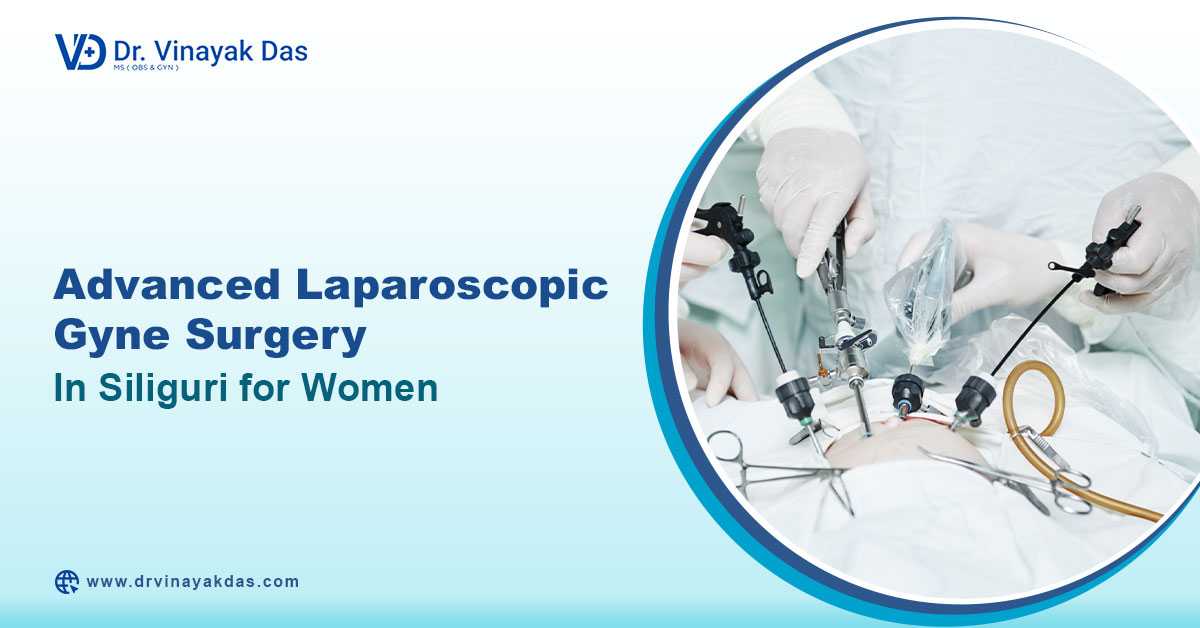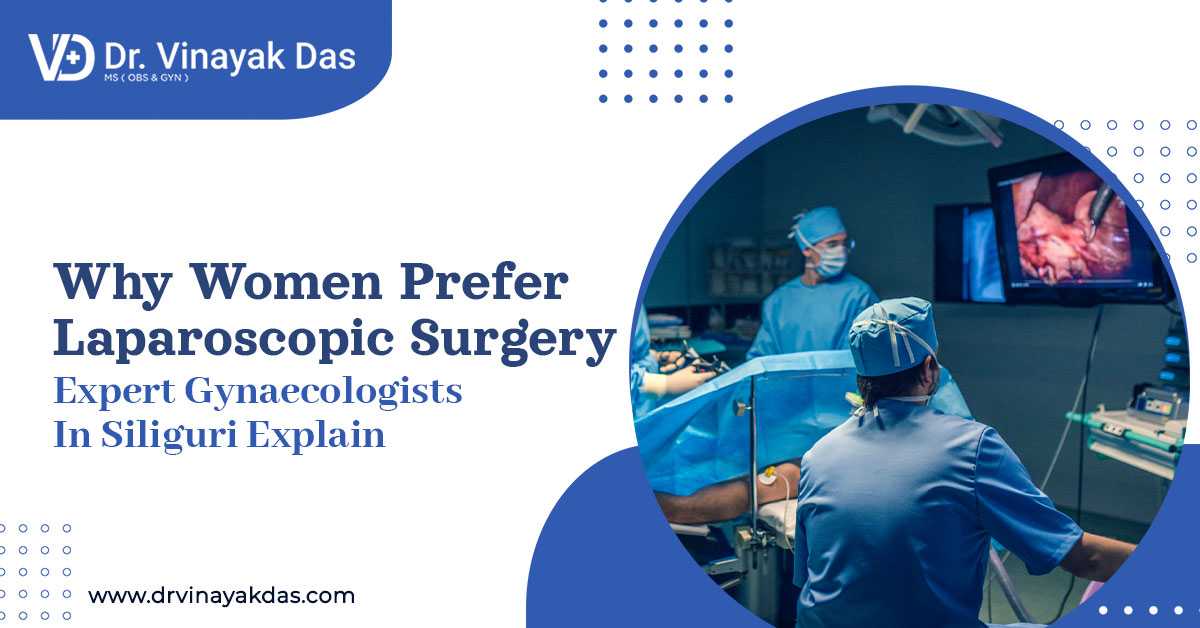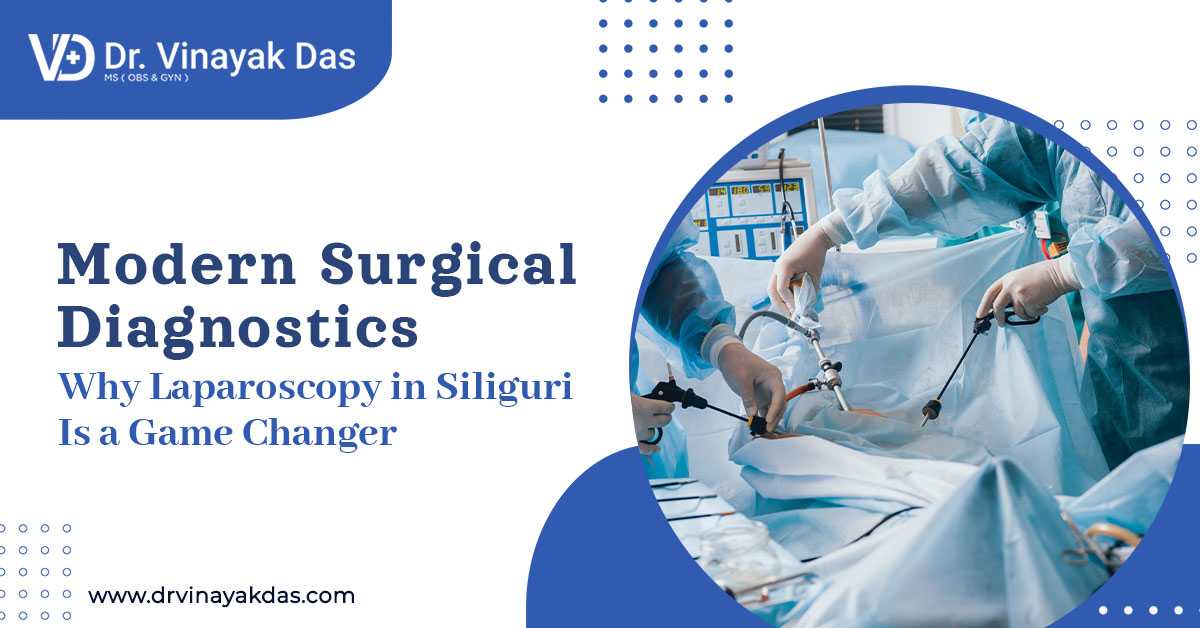Endometriosis is a serious gynaecological condition that can lead to the development of a tissue lining in the fallopian tubes, ovaries, or pelvic region that is similar to the uterine lining. This can make the affected reproductive regions swollen or inflamed, which can eventually cause fertility issues.
If you experience any of the symptoms of endometriosis then you must consider contacting the best gynae doctor in Siliguri. Short or heavy menstrual cycles, menopause, low body weight, and high oestrogen levels are some of the factors that can increase the risk of developing endometriosis.
Given below is a brief overview of the symptoms, causes, stages, and treatment options for endometriosis.
Symptoms and Causes
In most cases, patients with endometriosis experience no symptoms but as the condition evolves various mental and physical symptoms may emerge. Some of the most common symptoms include bladder problems, heavy periods, chronic pelvic pain, chronic fatigue, depression, discomfort during bowel movements, and pain during intercourse.
One of the possible causes of endometriosis is retrograde menstruation since it leads to the backflow of the period's blood to the fallopian tubes. The other causes include immune system disorders, transformation of the peritoneal cells into cells similar to the uterus, and changes in embryonic cells. In some instances, surgical scar complications may also cause it.
Stages
- Minimal or Stage 1- Stage 1 or Superficial Peritoneal Endometriosis is detected when there are small lesions or patches of tissue lining either in the pelvic region or in the reproductive organs. In this stage, no scar tissues are present in the organs and the patient may experience no symptoms of endometriosis at all.
- Mild or Stage 2- The development of endometriomas or mild stage of endometriosis is the second stage, where the tissue lining has infiltrated the deeper parts of the organs. In this stage, the presence of scar tissues can be detected and in most cases, the tissues are not inflamed.
- Moderate or Stage 3- Stage 3 of endometriosis is considered deeply infiltrating since several endometrial implants are noticed in the organs. You must visit the best gynaecologist hospital in Siliguri at this stage to treat the adhesions and scar tissues. Without proper diagnosis, the abnormal growth and rupture of the cysts can cause unbearable pain.
- Severe or Stage 4- Stage 4 is the most severe stage of endometriosis, which is also known as abdominal wall endometriosis. Thick adhesions, endometrial implants, and large cysts are present in this stage, which causes several painful symptoms and pain.
Treatment Options
To determine the stage of endometriosis, the doctor may perform various diagnostic tests. Some of such tests include laparoscopy, ultrasound, pelvic exam, and MRI scanning. The results of these tests will also detect the precise location and size of the tissues.
During the minimal and mild stages of endometriosis, the doctor can recommend some non-invasive treatment options such as hormone therapy and pain medications. However, in the moderate and severe stages, surgical measures such as hysteroscopy, laparoscopy, or conservative surgery can be performed.
It is always essential to seek the guidance of the top gynaecologist in Siliguri if you’re suffering from endometriosis to reduce the associated complications. This is because if not treated effectively the abnormal growths can higher the chances of ovarian cancer and irreversible infertility.
Source:
Endometriosis Stages - 4 Critical Stages
Endometriosis: Types, Symptoms, Causes, Treatments, and Complications





